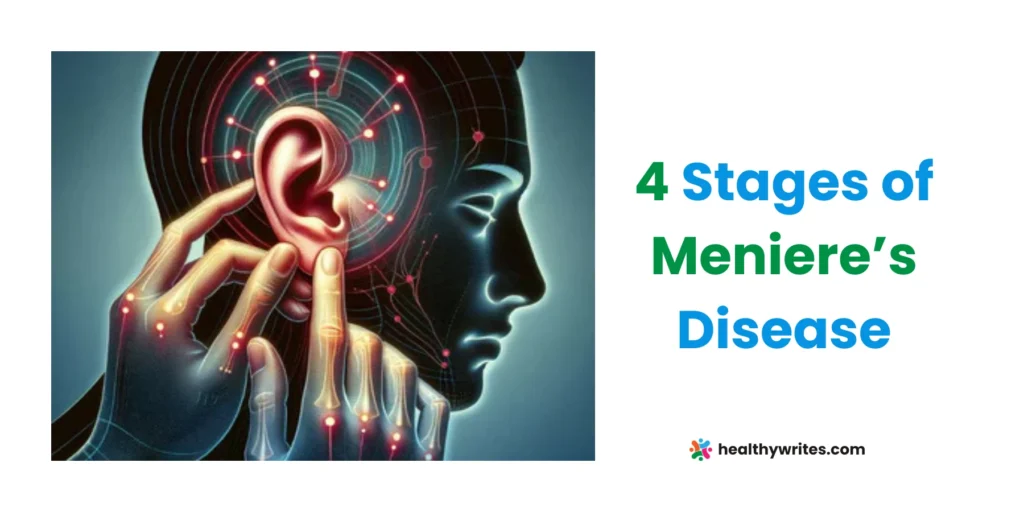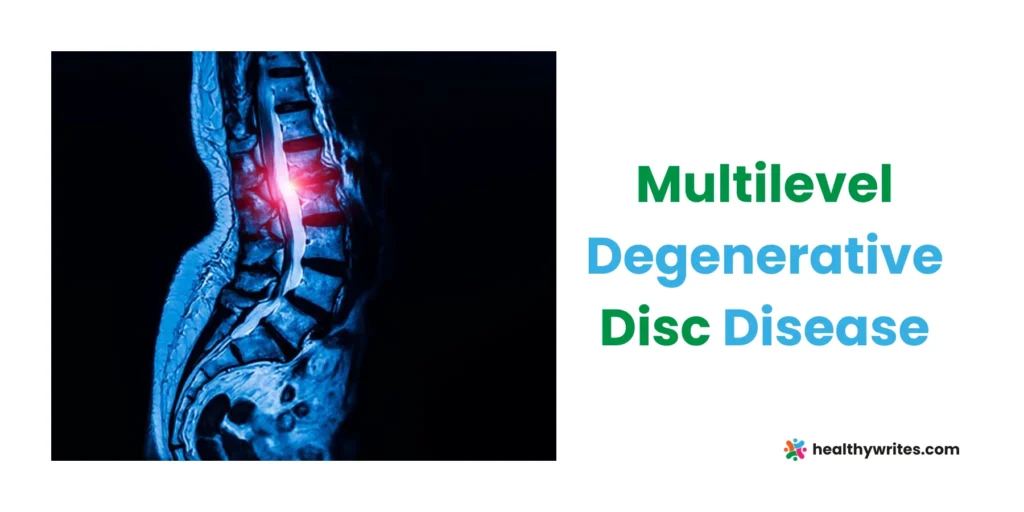Last Updated: October , 2025
Meniere’s disease is a chronic inner ear disorder that affects balance and hearing. While it’s not life-threatening, it can greatly impact daily life due to its unpredictable symptoms—like sudden vertigo, ringing in the ears (tinnitus), and hearing fluctuations.
Doctors often describe four stages of Meniere’s disease based on how symptoms appear and progress over time. Understanding these stages can help patients and caregivers recognize changes early and manage the condition more effectively.
Stage 1: Early Stage
In the early stage, symptoms often come and go, making it difficult to pin down a diagnosis right away.
Common signs include:
- Sudden episodes of vertigo lasting 20 minutes to several hours
- Intermittent tinnitus (ringing or buzzing in the ear)
- Feeling of fullness or pressure in one ear
- Temporary hearing loss that often returns to normal after an episode
Because these symptoms are not constant, many people dismiss them as stress-related or minor ear issues. However, repeated attacks are usually the first red flag.
Stage 2: Middle Stage
The middle stage is where Meniere’s becomes more recognizable and disruptive.
What usually happens during this phase:
- Vertigo episodes may become less intense but still occur
- Tinnitus becomes more persistent
- Hearing loss in the affected ear starts to worsen and becomes harder to ignore
- Balance problems may linger even between attacks
- At this point, most patients seek medical advice. Hearing tests, balance exams, and a review of symptoms often confirm the diagnosis.
Stage 3: Late Stage
In the late stage, vertigo attacks may decrease, but hearing and balance issues often become more constant.
Key symptoms:
- Severe, long-term hearing loss (especially in one ear)
- Persistent tinnitus
- Ongoing imbalance or unsteadiness when walking
- Fewer but still unpredictable vertigo episodes
Many patients describe this stage as less “dramatic” because the spinning sensation eases, but the daily challenges with hearing and balance remain.
Stage 4: End Stage
The final stage of Meniere’s disease is often referred to as the “burnout” phase.
Characteristics of this stage include:
- Permanent hearing loss in the affected ear
- Tinnitus may continue but is usually less bothersome
- Vertigo attacks often stop completely
- Balance issues may remain, especially in dark or uneven environments
Although vertigo fades, the hearing loss and balance difficulties can significantly affect quality of life. Rehabilitation and coping strategies become essential at this stage.
Living With Meniere’s Disease
While there is no cure, many treatment options can help manage symptoms—such as dietary changes (low-sodium diet), vestibular rehabilitation therapy, medications, and in some cases, surgery. Support from audiologists, ENT specialists, and vestibular therapists can make a big difference in daily life.
FAQs About Meniere’s Disease
1. Is Meniere’s disease curable?
No, there is currently no cure. However, treatments can reduce the severity of symptoms and help improve quality of life.
2. How fast does Meniere’s disease progress?
Progression varies widely. Some people move through the stages quickly within a few years, while others experience symptoms for decades with long periods of remission.
3. Can Meniere’s disease affect both ears?
Yes, while it usually starts in one ear, about 10–40% of patients eventually develop symptoms in both ears.
4. Does everyone experience all four stages?
Not always. Some patients stay in the early or middle stages for years, while others progress more quickly. Each case is unique.
5. What lifestyle changes help with Meniere’s disease?
A low-sodium diet, managing stress, limiting caffeine and alcohol, and staying hydrated are often recommended to reduce the frequency of attacks.
Final Thoughts
Meniere’s disease is unpredictable, but understanding its **four stages—early, middle, late, and end stage—**helps patients prepare for what lies ahead. If you’re experiencing repeated vertigo, tinnitus, or hearing changes, consulting a healthcare professional early can help with diagnosis and symptom management.











